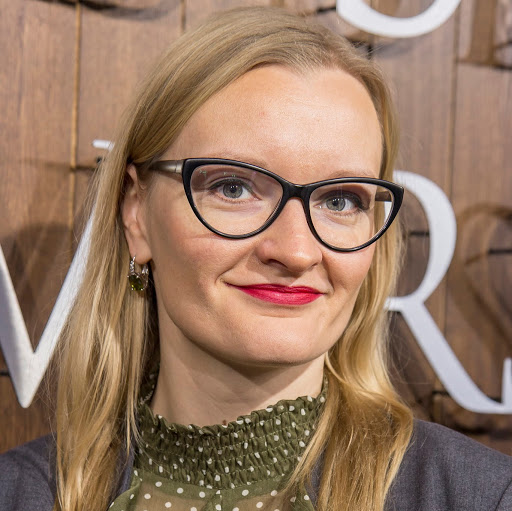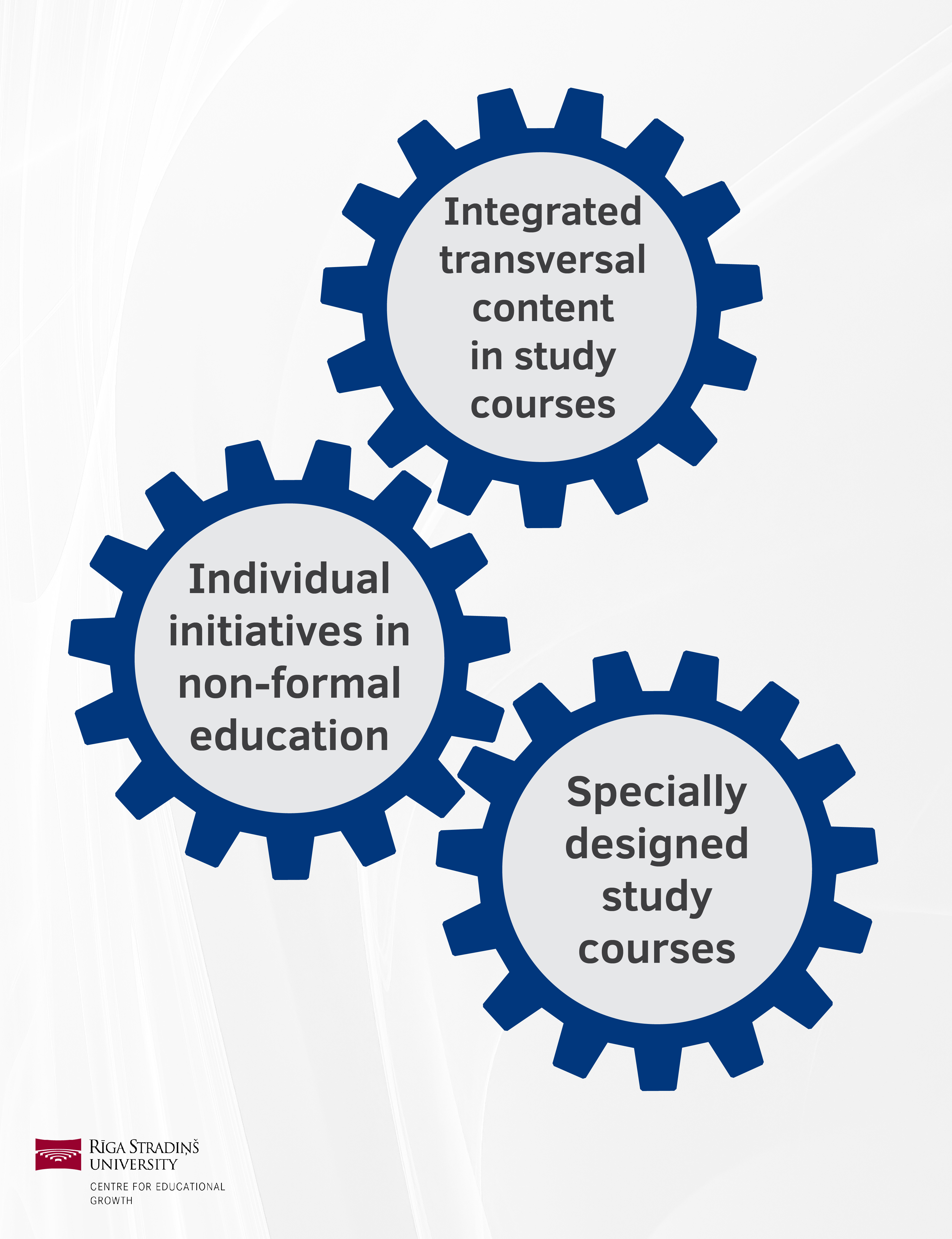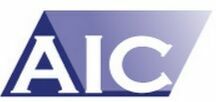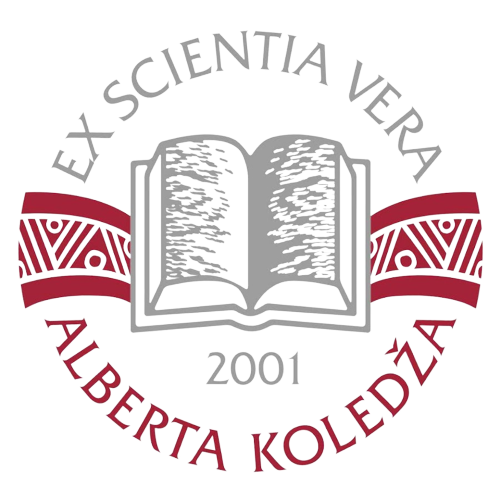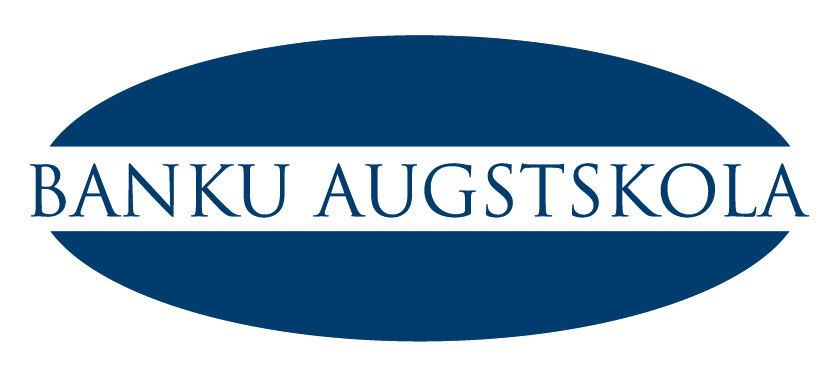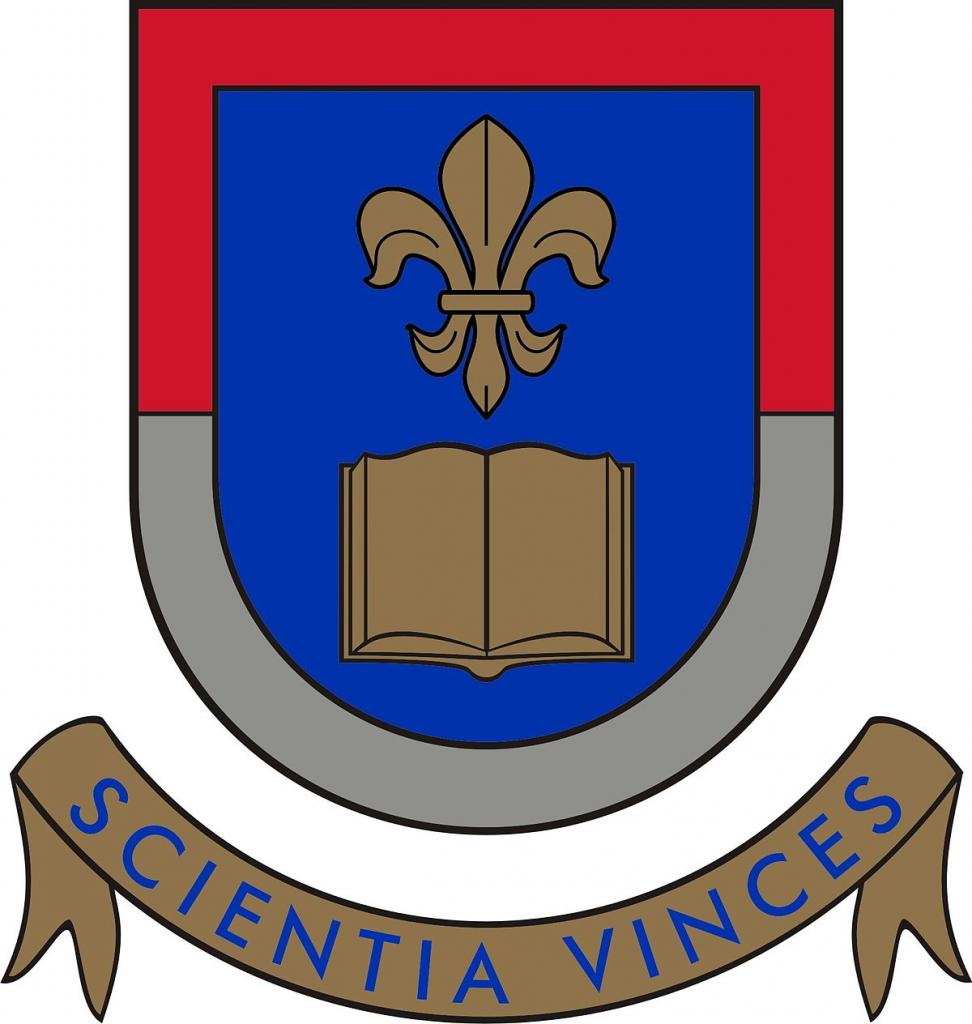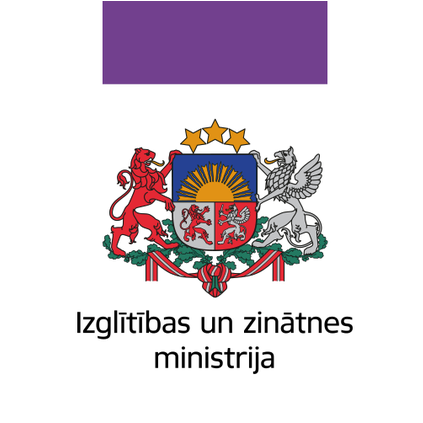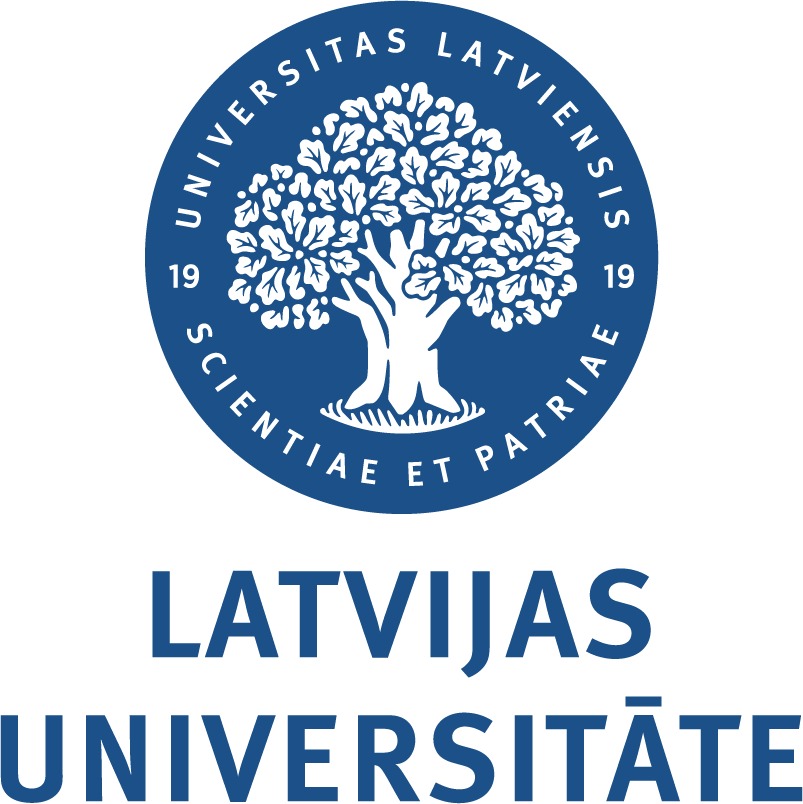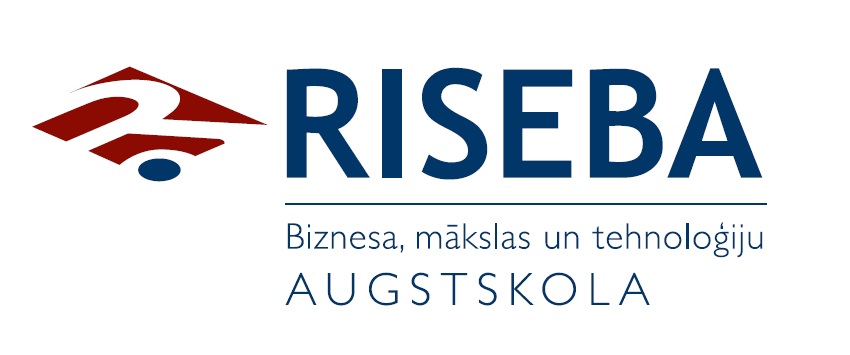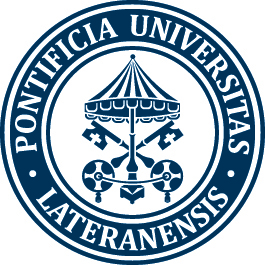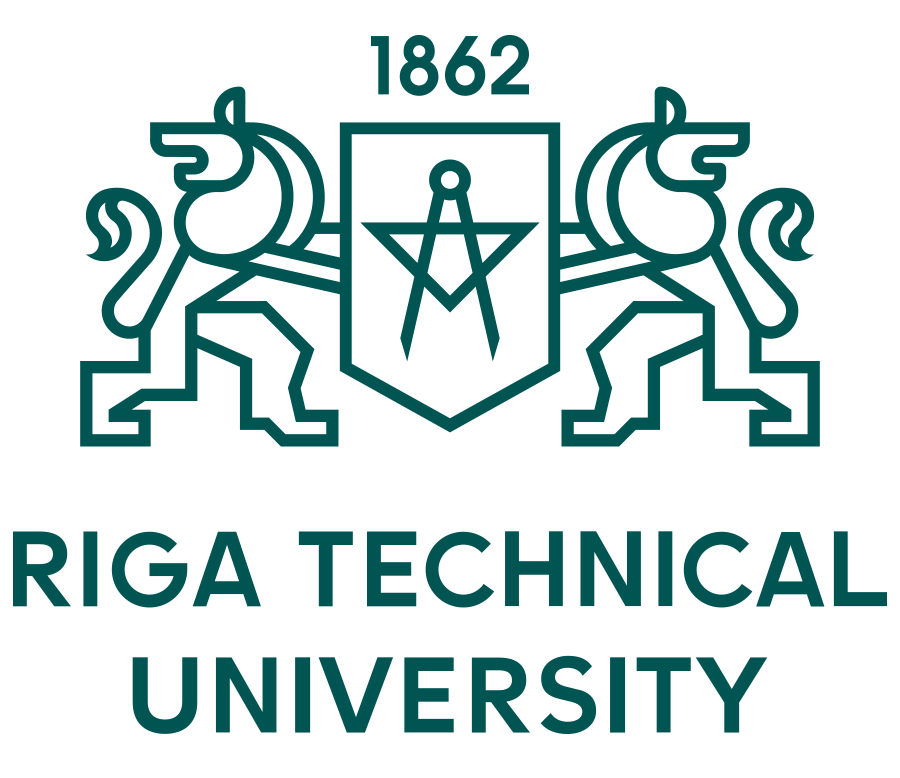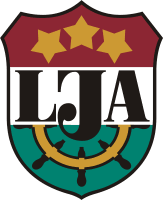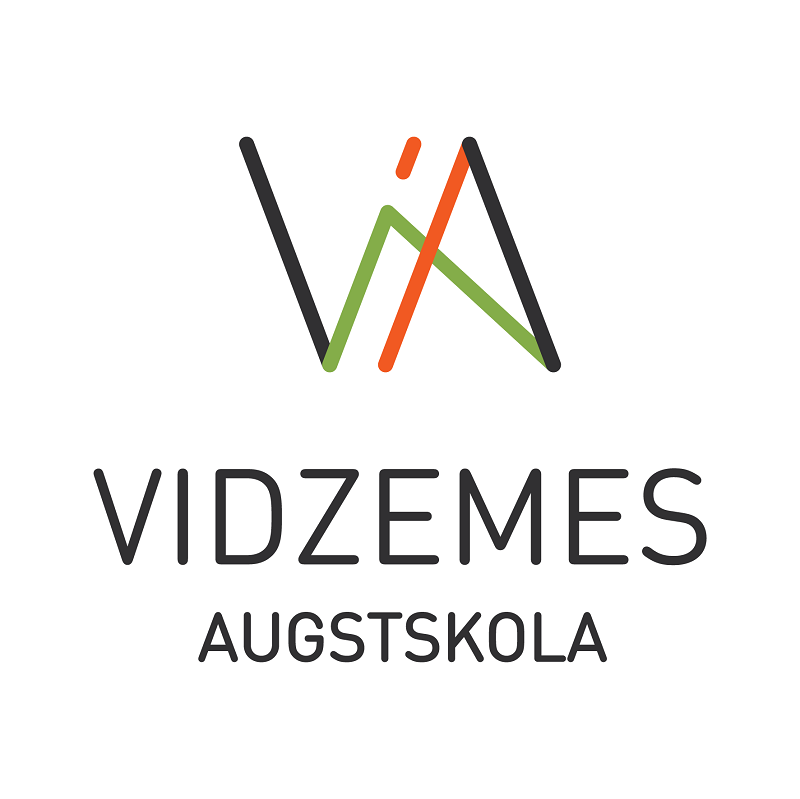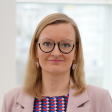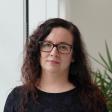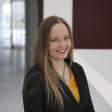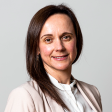Centre for Educational Growth
About us
In 2014, the Centre for Educational Growth (CEG) was set up with the aim of creating a hub that would systematically ensure academic staff’s pedagogical growth. Primarily, the centre coordinates the continuing education of lecturers by analyzing the need for competence enhancement, organising training, and collecting data on lecturer participation. Already in the first years, the scope of the center’s daily activities covered not only implementing continuing education for academic staff but also included analysis of the quality of the study process and the identification and implementation of improvement solutions. Over time, the center’s functions expanded and were defined in regulations. CEG added the functions of analysis and quality improvement of the study process, and study innovations to its responsibilities. The CEG team provides an internal support framework for the RSU community on a daily basis actively collaborates on a local and international level. The quality of the center’s operations is ensured by the competence of its administrative, pedagogical, and research staff, which in turn enables the implementation of evidence-based innovations in the field of higher education.
The goal of the centre is to modernise and improve the quality of the study process.
Lifelong learning is a never-ending journey, an exploration of the world and of oneself. Through it, you can forge a mastery of a profession that opens up an inexhaustible source of inspiration for both individual and collaborative growth.
CEG Director Dr. paed., Assoc. Prof. Nora Jansone-Ratinika
Strategic objectives
- Strengthening innovations in the study process for sustainable and high-quality study programmes
We analyse and monitor study quality indicators, as well as coordinate the accreditation of study fields and licensing of study programmes. We implement the pedagogy courses that are a part of different study programmes at RSU and we distribute and integrate good practices of pedagogical work by engaging in study innovation projects.
- Supporting the development of the pedagogical competence of lecturers
By analysing students' and academic staffs' needs, we ensure the continuing education of established academic staff, as well as the pedagogical growth of young lecturers. We advise academic staff on the implementation of student-centered pedagogical solutions, ensure the enhancement of their pedagogical-digital competences, and support the implementation of the technology-enhanced study process and e-learning.
- Promoting the synergy between the study process and research
We conduct research in educational sciences (higher education pedagogy and adult education), as well as provide support for academic staff in implementing pedagogical research, systematically collecting, analysing and sharing the experiences of study innovations and implementing research projects.
- Enriching external cooperation networks
We share the experience of RSU with both Latvian and international universities and other organisations, implement innovation projects, and coordinate the development of international and joint study programmes. We also represent RSU in Latvian (LPIA, LTC) and international organisations (EUA, AMEE) and offer opportunities for pedagogical improvement to external stakeholders (academic staff of other universities, healthcare professionals, etc.).
Supporting the integration of sustainability goals into the study process
The Centre for Educational Growth works with curriculum designers and implementers to promote an understanding that the goals of higher education are driven by economic needs as well as social and deeply personal meanings. By encouraging academic staff and students, as well as everyone in the RSU community, to pay attention to sustainability issues, the Centre supports the enrichment of professional and general knowledge and the cultivation of socially responsible daily habits.
3 approaches to integrate sustainability content at the RSU
Individual initiatives in non-formal education
- Research groups, incubators and other initiatives that bring together enthusiastic students who are highly motivated to work on sustainability issues,
- Continuing education for academic staff.
Specially designed study courses
Courses in the compulsory, restricted elective or elective category that can be taken by some or all students.
Integrated transversal content in study courses
The sustainability goals and their understanding are integrated into study courses alongside sector-specific knowledge and skills.
RSU Sustainable Development Goals
Cooperation partners
The team at the Centre for Educational Growth is open to external cooperation both within Latvia and internationally. We build partnerships with Latvian and European universities to jointly implement study process development and innovation projects, and to apply for and implement Erasmus+ initiatives. We are active in exchanging experiences with peers in the industry and engage in international networks to stay informed about developments in higher education.
We see the opportunity for external cooperation and involvement in international initiatives to
brainstorm about a vision for higher education;
share RSU’s experience and good practices;
build a network of contacts to establish and strengthen long-term cooperation and gain external expertise.
By opening the door to cooperation, we increase the capacity for innovation!
University of British Columbia (Canada)We have cooperated with Prof. Andis Klegeris, the head of the Laboratory of Cellular and Molecular Pharmacology at Okanagan Campus of the University of British Columbia, Canada, for many years. The cooperation aims to strengthen the RSU academic staff’s expertise in designing study courses, assessing learning outcomes, implementing problem-based learning, and exchanging ideas on joint initiatives in research. | 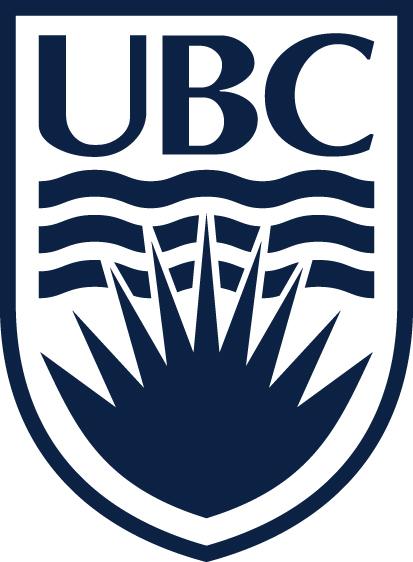 |
The European University Association (EUA)RSU is a member institution of the EUA with the CEG coordinating the cooperation on learning and teaching. We work in Thematic Peer Groups with other European universities. These promote the study and exchange of institutional practices to develop written recommendations for European universities on how to improve learning and teaching each year. We also annually participate in the European Learning & Teaching Forum, organised by EUA, where the most up-to-date higher education development trends are discussed and the Thematic Peer Groups present their work. From 2020 to 2022, the CEG participated in the Leadership and Organisation for Teaching and Learning at European Universities (LOTUS) project. This project was co-financed by the European Commission to support the implementation of Common European Higher Education Area reforms, enhancing capacity building and strategic change management in higher education institutions across Europe. We conducted research, developed materials, and organised seminars that support strategic learning and teaching innovations in education policy and universities in collaboration with universities, ministries, university associations, student and employee organisations, rectors' councils, and other partners. The following sources are useful in daily work and when planning development for innovations: |  |
Koç University Office of Learning and Teaching (Turkey)We have established a close collaboration with the prestigious Koç University in Istanbul. The CEG cooperates with the Koç University Office of Learning and Teaching in the following directions:
|  |
National Forum for the Enhancement of Teaching and Learning in Higher Education (Ireland)In cooperation with the National Forum of Ireland, we promote international cooperation and organise educational seminars for academic staff from RSU that address the importance and possibilities of international cooperation:
|  |
Arcada University of Applied Sciences (Finland)We have broad and interdisciplinary cooperation with Arcada University of Applied Sciences:
|  |
The Centre of Expertise in Learning and Teaching at the University of Twente (Netherlands)We cooperate with the Centre of Expertise in Learning and Teaching at the University of Twente by organising onsite and online experience exchange visits on:
| 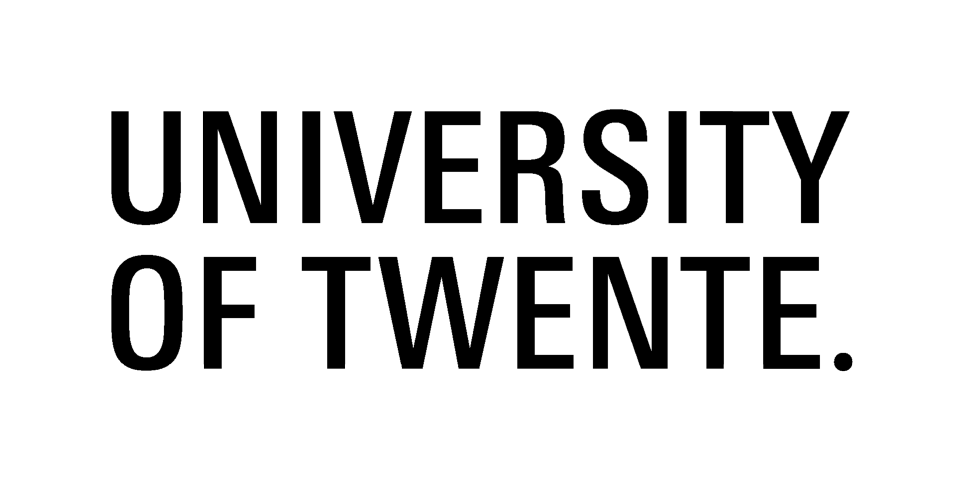 |
Massachusetts Institute of Technology (MIT)We are developing the following projects within the Latvian Educational Innovation Lab’s Strategic Education Innovation Project Support Programme in cooperation with mentors from MIT:
|  |
Massachusetts Institute of Technology Jameel World Education Lab (MIT J-WEL)Our learning and teaching experts have trained in the MIT J-WEL programme What is a course? 2023 J-WEL Course Design Workshop on how to develop a course design. |  |
We cooperate with various organisations and educational institutions in the following areas to reinforce RSU's existing initiatives and open up opportunities for new activities:
- higher education research projects;
- study process modernisation projects;
- organising training to improve academic staff’s pedagogical competence;
- conducting training to improve the professional competence of the heads of academic structural units, and the directors of study programmes;
- pedagogical and professional experience exchange activities;
- developing guidelines, recommendations, reports, and other educational materials;
- the validation of learning and teaching innovation solutions;
- disseminating good practices;
- participating in expert networks and working groups;
- reviewing scientific and educational materials.
Employees
Centre for Educational Growth
Related news
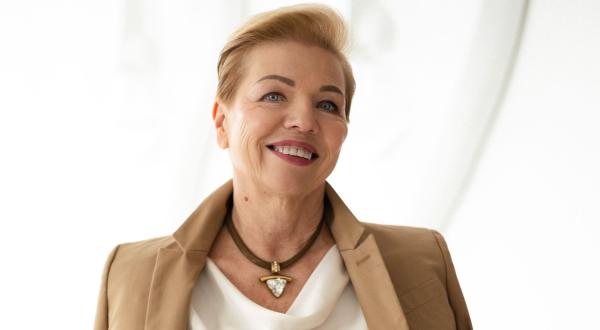 When learning turns into collaboration: birthday conversation with Prof. Tatjana KoķeAnniversaries, RSU History
When learning turns into collaboration: birthday conversation with Prof. Tatjana KoķeAnniversaries, RSU History